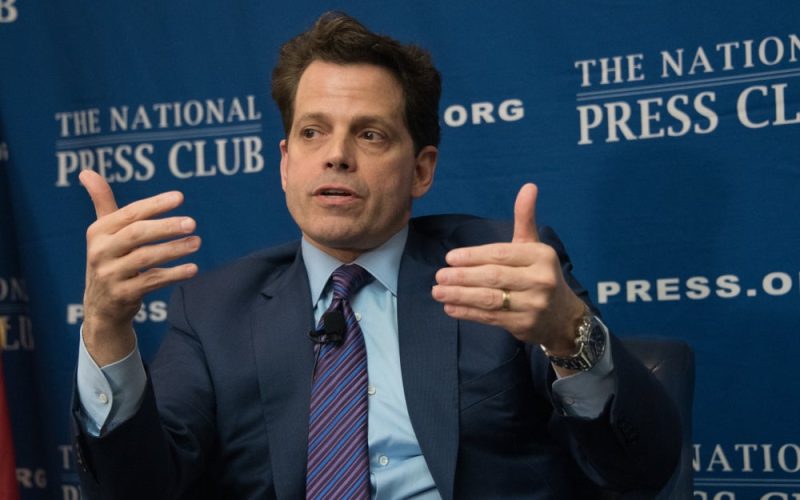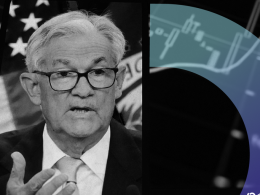The Federal Reserve’s vice chair for supervision, Michelle Bowman, has made a significant statement regarding the central bank’s stance on cryptocurrency investments among its staff. As of 2025, Bowman advocates for a reassessment of the current restrictions that prohibit Federal Reserve employees from purchasing cryptocurrencies. This proposal aims to foster a better understanding of digital assets and their underlying technologies.
Speaking at a blockchain event in Wyoming, Bowman emphasized the importance of allowing Federal Reserve staff to hold de minimus amounts of cryptocurrencies or other digital assets. She believes this practice could provide essential insights into the functionality of these technologies, ultimately benefiting the regulatory framework the Fed is developing for supervising digital asset issuers. In her address, she stated,
“We will soon be establishing a framework for supervising issuers of these assets.”
Currently, many Federal Reserve employees and their spouses face restrictions on owning cryptocurrencies or products heavily focused on them, such as exchange-traded funds or shares in cryptocurrency companies. These limitations were put in place after it was revealed that several top officials engaged in unusual trading activities in 2020 during the early stages of the COVID-19 pandemic. In early 2022, the Federal Reserve tightened its investment rules to enhance ethical standards among its staff.
Bowman expressed concerns that these investment restrictions could hinder the recruitment and retention of examiners with the necessary expertise in digital assets. She argued that easing the current rules would not only enhance staff knowledge but would also foster a more innovative regulatory environment. She remarked that bank regulators often possess an “overly cautious mindset” and called for a shift toward a more open approach to new financial products. She urged the sector to recognize the essential role of technology in the traditional finance landscape.

According to Bowman, some banking professionals fear that blockchain technology poses a threat to established business models. However, she contends that embracing these technological advancements could transform the banking sector, regardless of how financial institutions and regulators respond. She stressed the importance of opting to embrace change and contribute to developing a reliable and durable regulatory framework that incorporates the advantages of efficiency and speed. As she put it,
“We must choose whether to embrace the change and help shape a framework that will be reliable and durable — ensuring safety and soundness and incorporating the benefits of both efficiency and speed — or to stand still and allow new technology to bypass the traditional banking system altogether.”
While Bowman did not specify which cryptocurrency products or investment limits she would recommend, her remarks are part of a broader trend toward a more favorable view of cryptocurrencies within regulatory circles. Recently, the Federal Reserve announced the termination of a supervision program for banks engaging in cryptocurrency and blockchain-related activities, a program initiated by the Biden administration in 2023. This shift reflects a growing recognition of the need for regulatory adaptation in the face of rapidly evolving financial technologies.
In conclusion, Michelle Bowman’s comments highlight a significant potential shift in the Federal Reserve’s approach to cryptocurrencies. By allowing staff to invest in digital assets, the Fed could enhance its understanding of this complex and fast-evolving sector, ultimately leading to more informed regulatory practices.
For more information, refer to the original article published on Cointelegraph.









